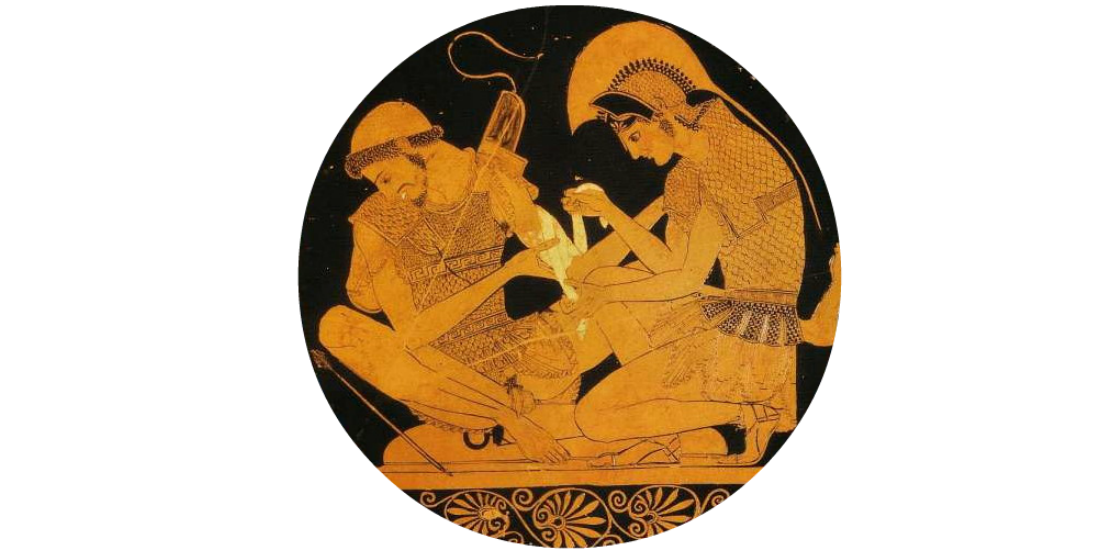Losing the War
Excerpted from “Losing the War,” by Lee Sandlin
Whenever people talk about the meaning of history somebody brings up that old bromide from Santayana, “Those who do not remember the past are condemned to repeat it.” But that’s nonsense. The circumstances that created an event like World War II couldn’t be duplicated no matter how many millennia of amnesia intervened.
To the extent that the war had an intelligible cause, it was in the rancors left over from World War I, exacerbated by the Great Depression — and those rancors existed only because of decades of hatred and infighting among the colonial empires of the 19th century. But the brief dominion of the Japanese “coprosperity sphere” lasted just long enough to wreck the colonial system in Asia, and the final convulsion of war bankrupted all the great powers of Europe, leaving the former rulers of the world in abject poverty — food rationing in both Germany and England lasted well into the 1950s. The first new historical trend of the postwar era was the systematic shedding of colonial possessions, and the just-created nations were immediately absorbed into new alignments of power demanded by the triumphant global empires of the atom. The old architecture of the world devised by Europe was as harmless a memory as a dissipating storm front. Like most big events in history, World War II obliterated its own causes.





